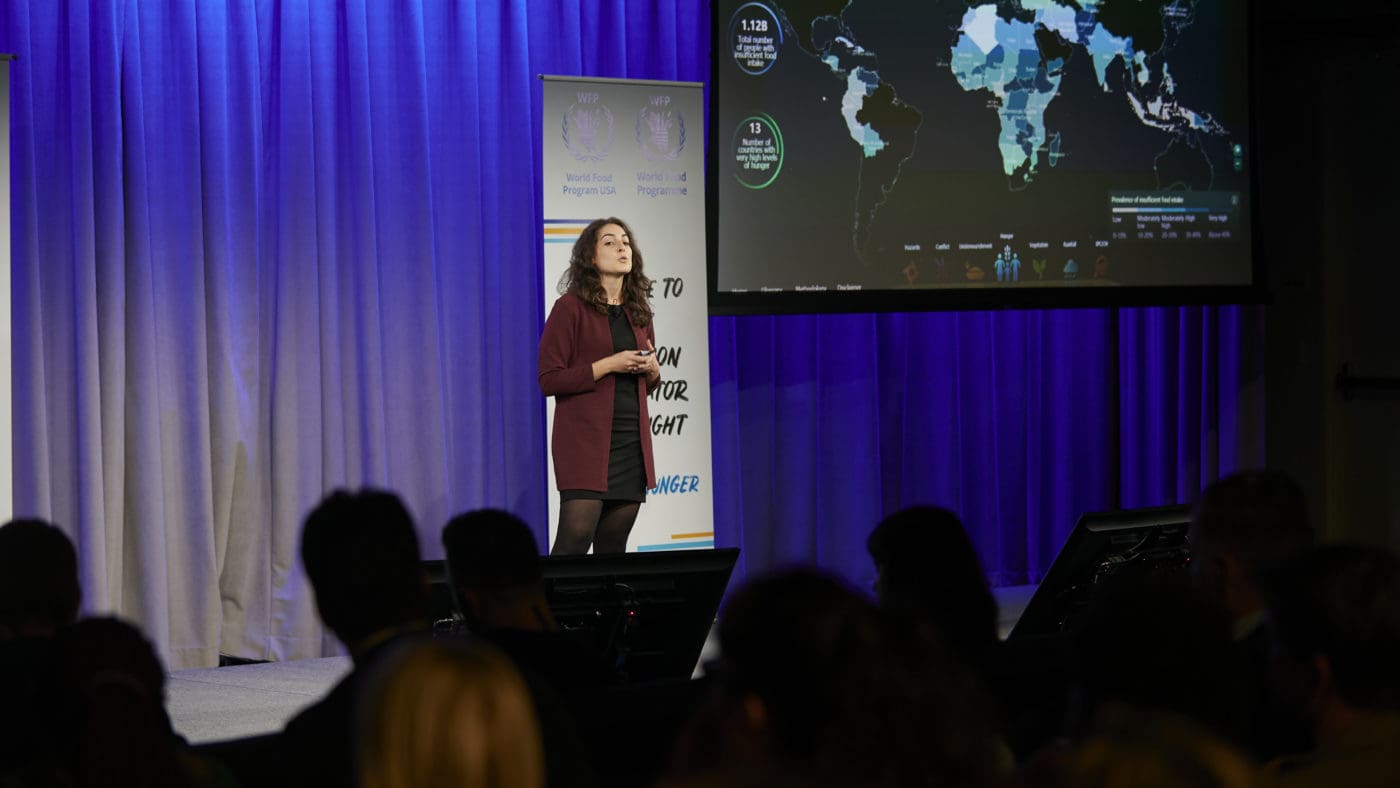
Innovation Accelerator
Bootcamp & Pitch Night
Silicon Valley | Google Headquarters
Oct. 11–15, 2019
One Idea Could #disrupthunger
In October 2019, WFP Innovation Accelerator came to Silicon Valley for the first time. WFP facilitators, early stage and scale-up innovation teams participated in a four-day bootcamp in San Francisco that culminated in a competitive Pitch Night at Google Headquarters. Only one team took home the title of Most Impactful Pitch, but all teams left set to make a difference. Throughout the week, the teams explored and prototyped innovations aimed at changing lives.
days of exploring, prototyping and pitching
teams participating in Bootcamp and Pitch Night
minutes to pitch their innovative idea
2019 Bootcamp and Pitch Night

Meet the Winning Team:
Grainmate
This year’s award for Most Impactful Pitch went to GrainMate, a team from Ghana that developed an affordable moisture monitor to help reduce post-harvest losses among farmers. Moisture can kill even a good harvest when grain goes into storage. GrainMate’s $100 thermometer helps prevent this, and its innovative business model to trade grain products for the tool make it accessible and practical for small-scale farmers’ use.
Meet The Other 10 Teams
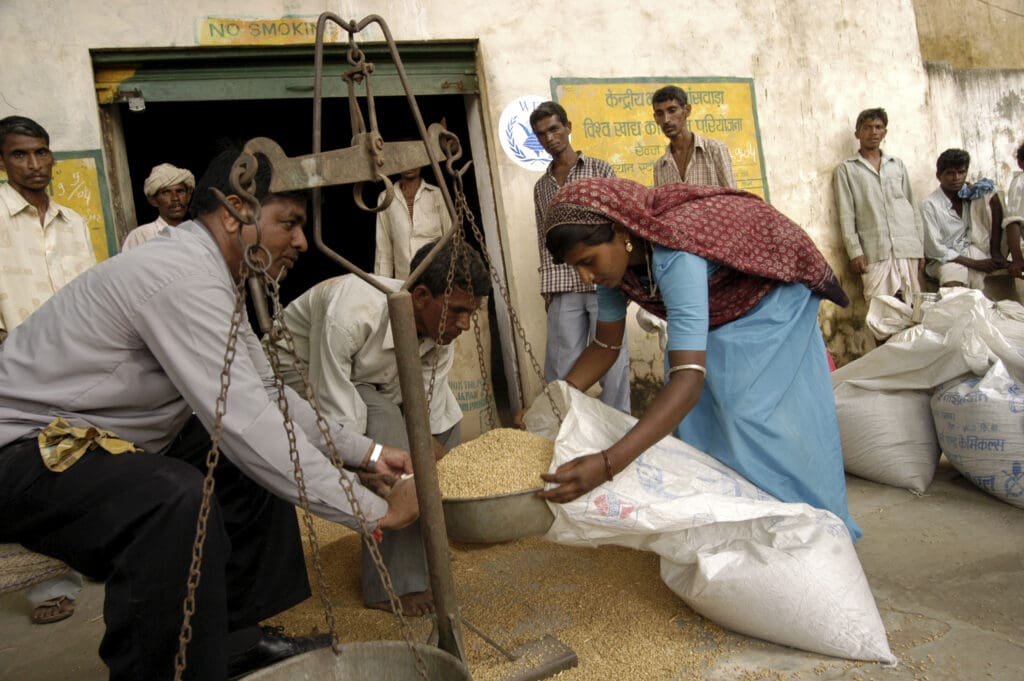
In response to the needs of the beneficiaries and the challenges faced by the government in distributing food grain subsidies, WFP India proposes to design, develop and pilot an automated multi-commodity grain dispensing and procurement solution. GrainATM is what it sounds like – a kind of “grain ATM” and is proposed to be piloted in 15 locations.
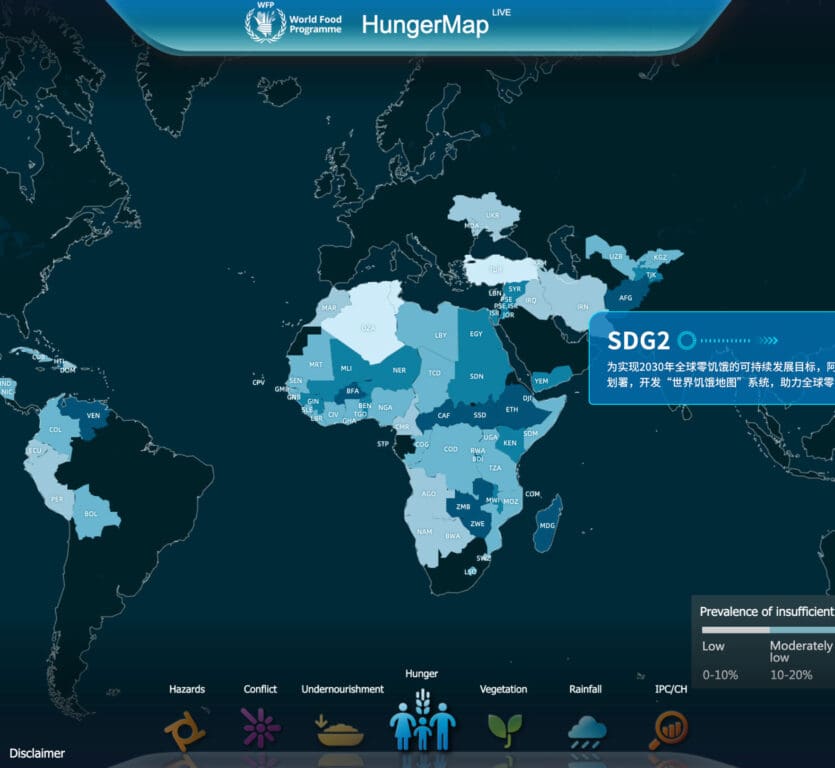
WFP has developed a global hunger monitoring system to help assess, monitor and visualize the severity and scope of hunger in over 90 countries. HungerMapLIVE pulls together key metrics – such as food security information, weather, population size, conflict, hazards, nutrition information and macro-economic data – to predict and monitor the food security situation in near real-time. The resulting analysis is displayed on an interactive map that helps WFP staff, key decision makers and the broader humanitarian community to make more informed and timely decisions on food security.
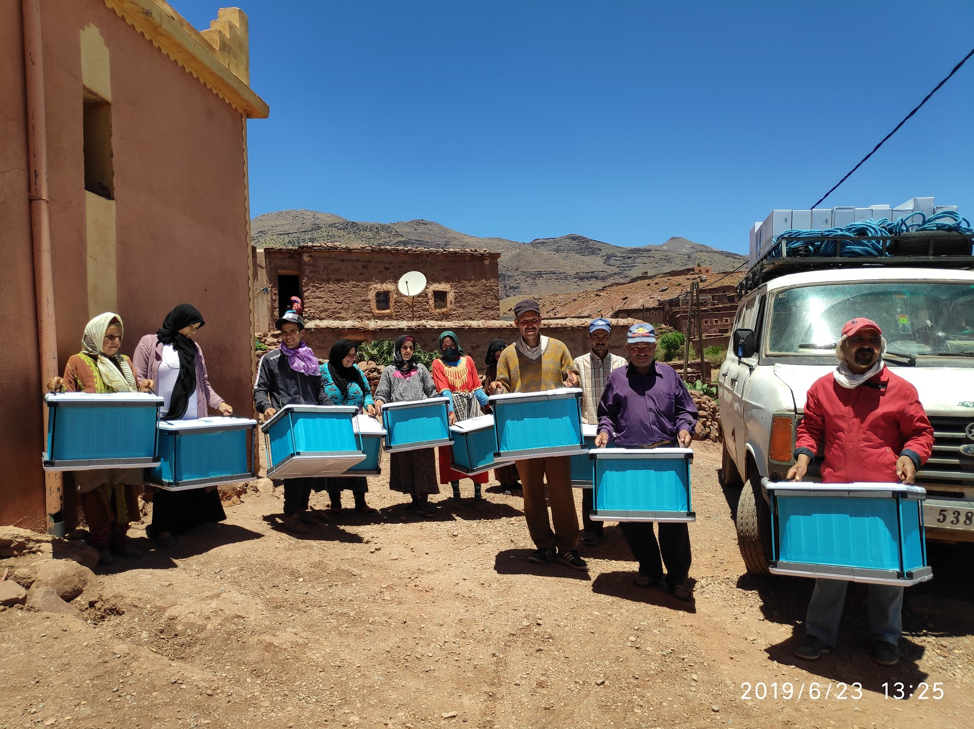
Effective storage is a part of food security which is often dependent on technical infrastructures not available in underdeveloped or conflict-affected areas. Fenik is an effective, scalable, electricity-free, mobile-refrigeration solution. By solely using water, Fenik creates low-cost, easily portable food coolers that address the problem of food storage in extreme environments and places that have no electricity.
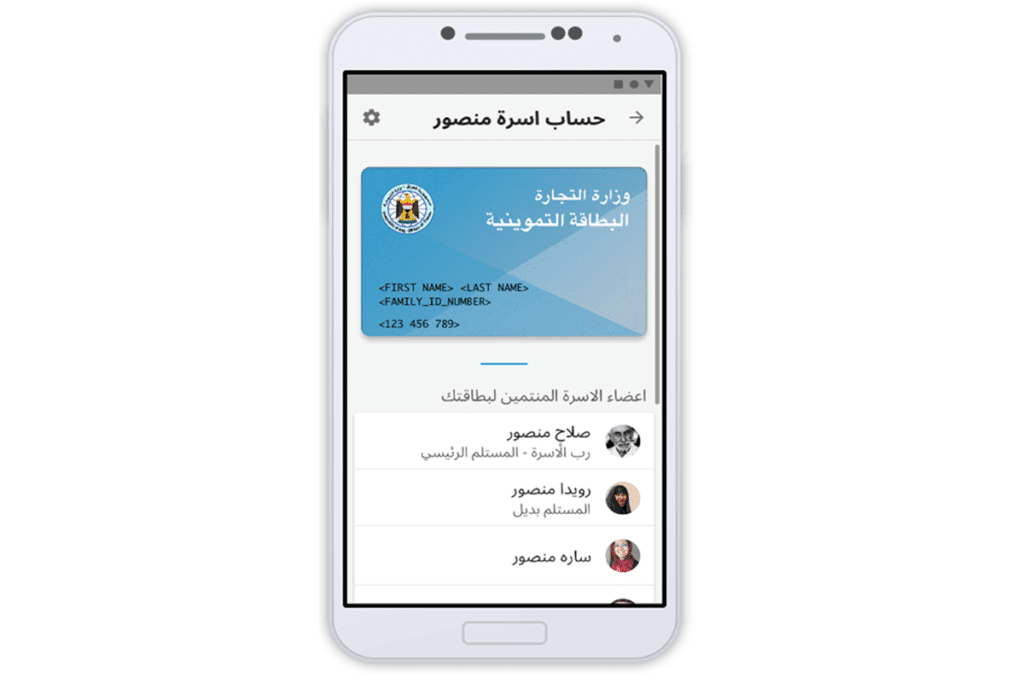
PDS Digital Identity
Iraq’s largest social safety net, PDS, distributes flour, rice, oil and sugar, but its paper-based system results in errors and gaps in service delivery. Tamwini – My Food Ration proposes to develop a “myPDS” mobile app to provide a digital identity for citizens, which can help prioritize aid delivery to the most vulnerable, and allow citizens to self update personal information on Iraq’s national ID system, further providing potential for interoperability in the administration of other social, health or resource distributions.
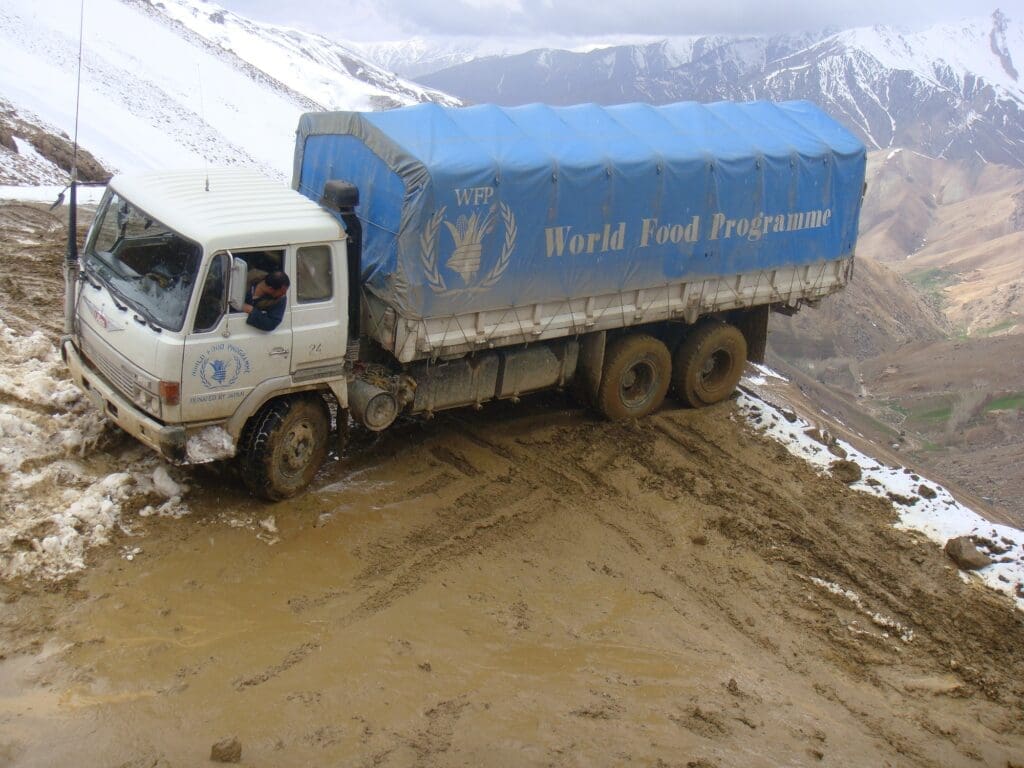
Roambee is a global Internet of Things (IoT) data company that puts you in control of your things on demand — goods, equipment, or valuable assets — located indoors, outdoors, and in-transit.
Roambee is positively impacting cost and risk for hundreds of enterprises in manufacturing, logistics, supply chain, transportation, finance and aerospace. It now aims to use that same technology to help WFP’s supply chain reduce inefficiencies and end hunger.

ShareTheMeal is WFP’s fundraising app, allowing smartphone users to provide children with vital nutrition with a simple tap on their phones. It costs $0.50 to feed one child for a day. Free to download, the award-winning app is a pioneering way for people to join WFP’s efforts in creating a world with zero hunger.
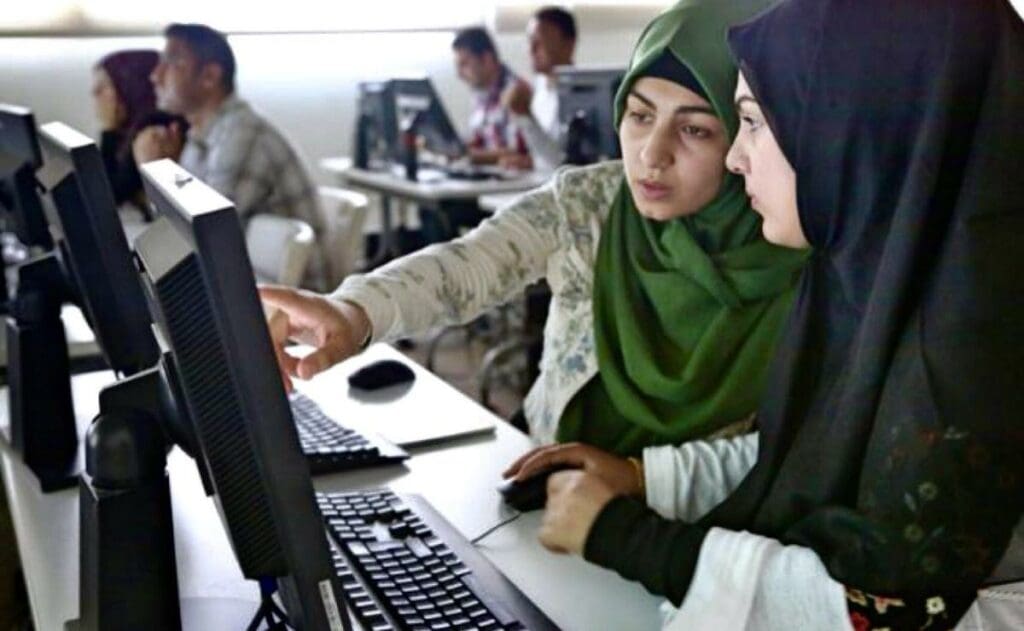
Empact puts job opportunities in the global digital economy within reach of young adults affected by war in Syria and of food-insecure host communities. Tailored digital training courses provide hard and soft skills that help bridge the gap between poverty.
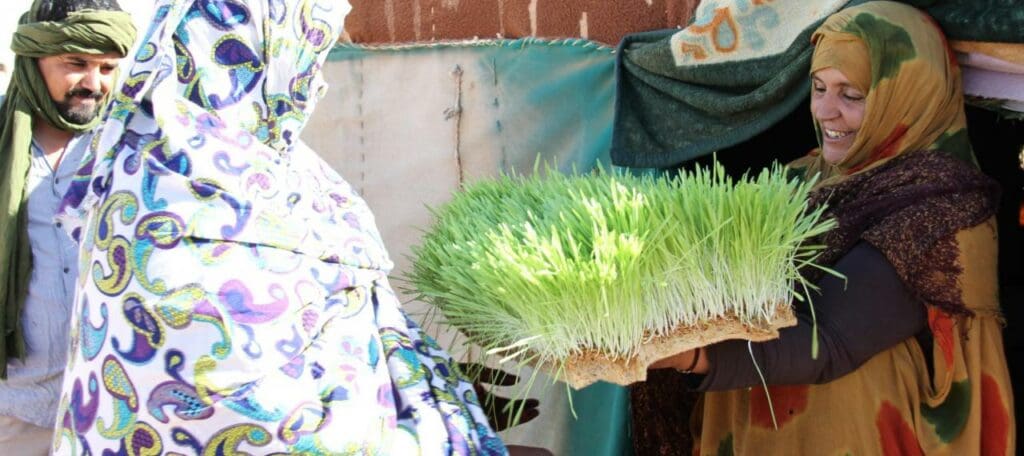
H2Grow hydroponics project is a no-soil, water-efficient solution that allows people affected by hunger to grow their own fresh food in harsh desert environments. By developing low-tech systems from local materials, sprouting fresh vegetables or animal fodder in deserts, refugee camps or urban slums, H2Grow supports food-insecure families and has been implemented in seven countries.
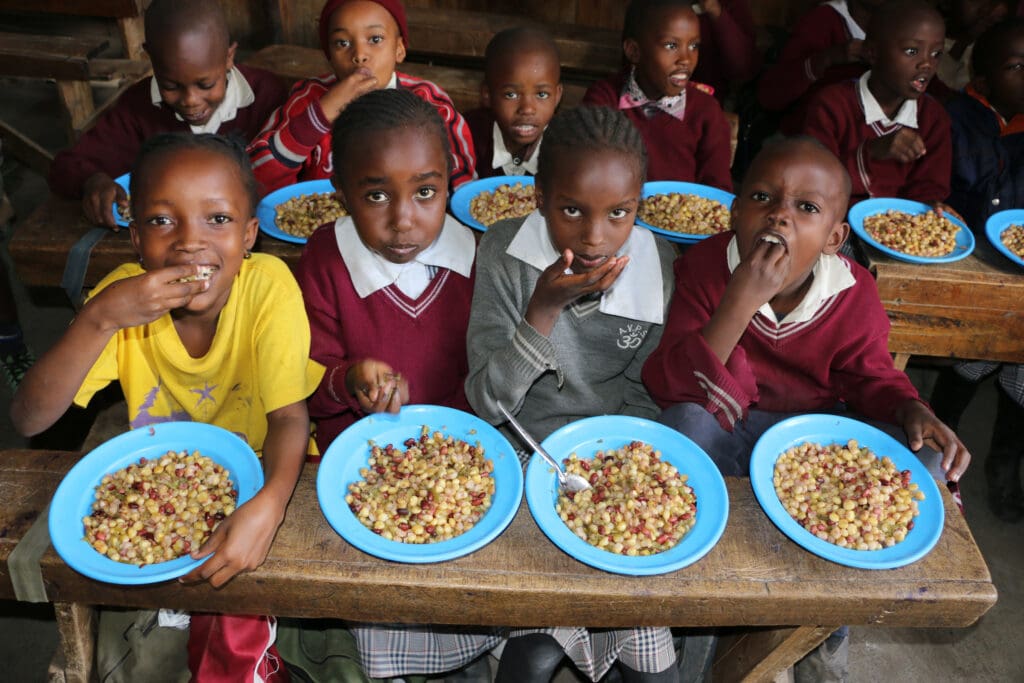
PLUS School Menus is online software that, through an advanced mathematical algorithm, calculates the most cost-effective school feeding menus that respect the nutritional requirements of children of different age groups, ensure dietary diversity and optimize impact on local economies through local procurement, with a particular focus on purchasing options from local small-scale farmers.
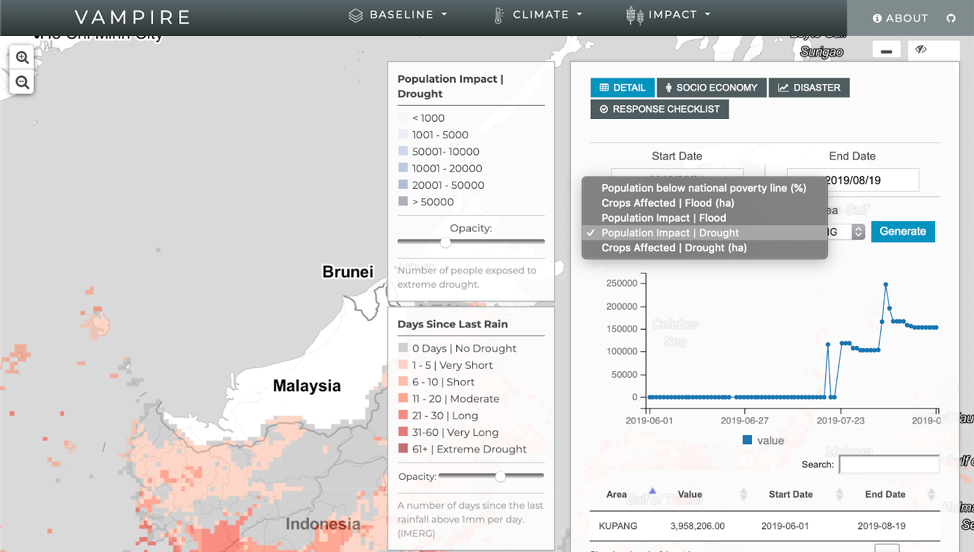
PRISM is a platform for risk reduction in climate related disaster response. It collects and analyzes data to identify critical hotspots by combining Earth Observation data with real-time information on the ground. The platform provides key information on climate risk and population vulnerability before, during and after climate events such as drought or flooding.
Pitch Night 2019
Read our story for a full recap of the exciting event, and contact us to see how you can help sponsor the next Innovation Accelerator Boot Camp and Pitch Night